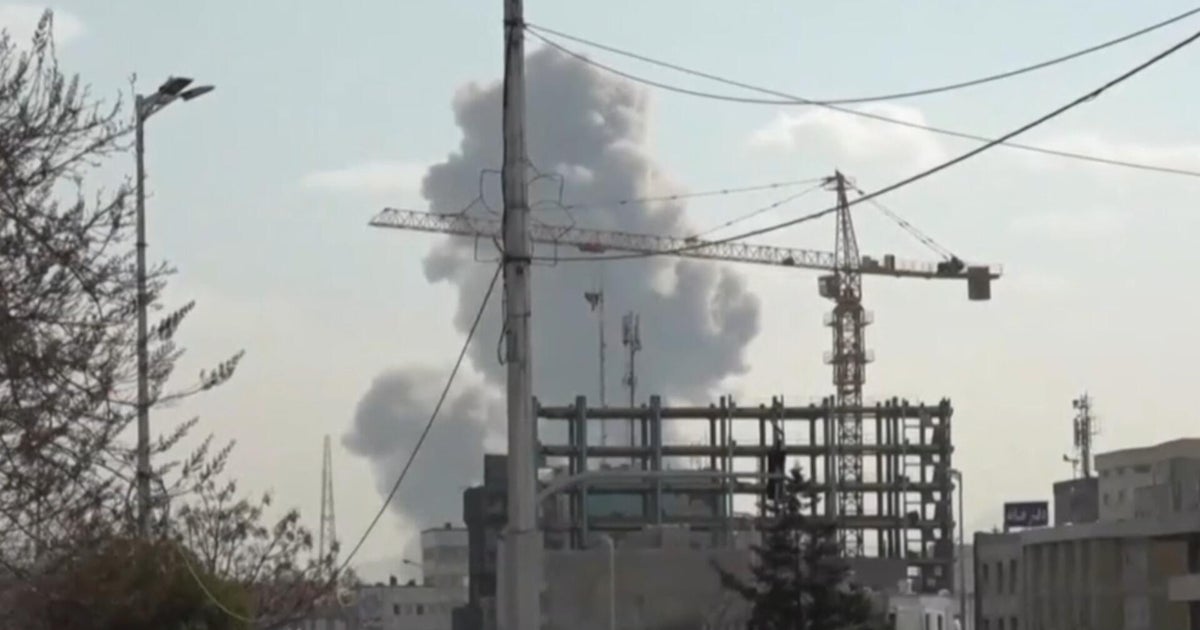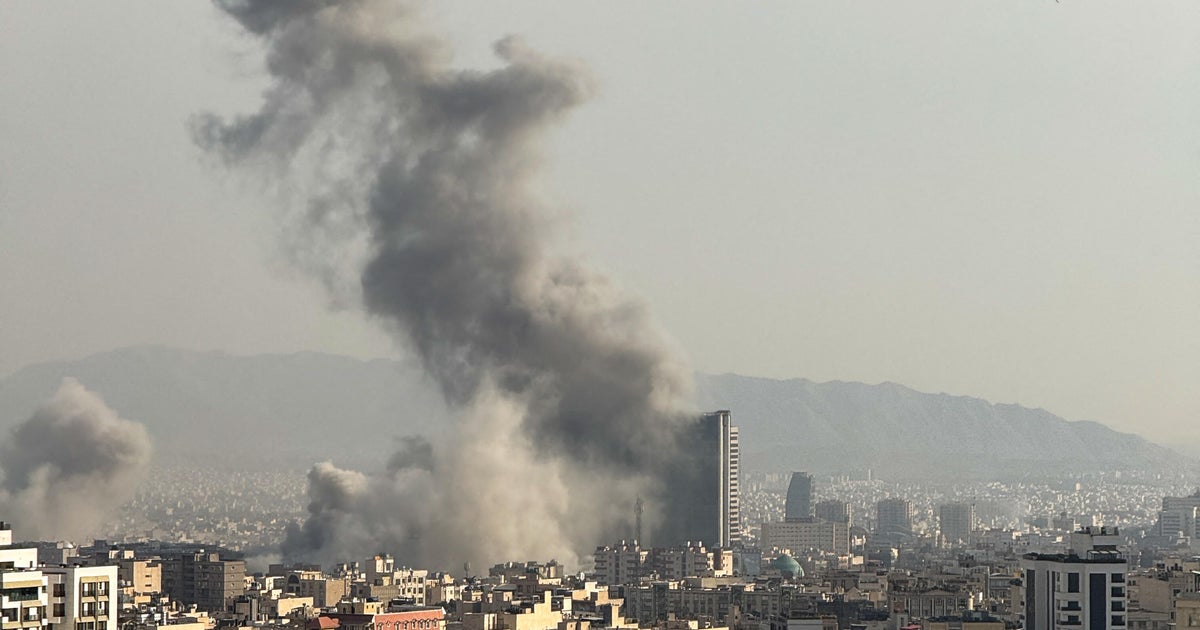DU Expert: ISIS Not Interested In 'Worldwide Terrorism' ... Yet
DENVER (CBS4) - American airstrikes are helping clear a path to freedom for Yazidis, members of a Kurdish religious sect, caught on a mountain in Iraq.
The Pentagon now says the siege on Mount Sinjar at the hands of ISIS militants is over.
MORE FROM CBSNEWS.COM: U.S. broke ISIS siege of Iraqi refugees, Obama says
It's a welcome bit of positive news considering ISIS has quickly swept up territory in a ruthless campaign of violence and fear sweeping across vast swaths of Iraq.
ISIS has rapidly gained momentum as it leads its drive for an Islamic state, which makes many curious, just who are they?
The group is a mixture really, driven by religious extremism, many already hardened by years of fighting.
"There are elements of ISIS who are originally from Western Iraq, disaffected Sunnis from Iraq, but there are also many elements from ISIS who are Syrian who have been disaffected in Syria," said former U.S. ambassador to Iraq Christopher Hill, dean of the Josef Korbel School of International Studies at the University of Denver.
The best estimates of their numbers were perhaps surprisingly low -- a force of 6,000.
But that was before their successes in Iraq. Many experts now feel they are being joined by others inspired by their success.
"These are people who have an extremely fundamentalist view of the Koran," said Hill.
"So automatically they're opposed to Shia rule in Iraq and they're opposed to Shia rule in Syria. They want to see it all part of a greater Sunni stand that they call a caliphate."
A caliphate is a Muslim state with a Muslim ruler.
The fighters first saw their power consolidate as they joined the fight against the Syrian President Bashar al-Assad.
But that civil war has resulted in only limited gains.
"I think to some extent Iraq was a target of opportunity for them, but they haven't been all that successful in toppling Bashir al Assad, who does have support he has support from Iran and even Russia."
The western part of Iraq has long been a toss-up. Ribbons and even chunks of territory have fallen to ISIS, which is believed to be led by the rarely seen Abu Bakr al Baghdadi, however there are questions about whether he's been killed in the fighting.
"Right now ISIS is not interested in world-wide terrorism, they're interested in conquering territory on the ground in the Middle East. Al-Qaeda was more interested in terrorism than they were in conquering ground."
Which may makes ISIS less of a risk to the U.S. right now -– but not later. There remains the possibility that al-Qaeda and ISIS might combine.
"They certainly are cut from the same cloth, but no there are probably some tribal differences and other differences from al-Qaeda," said Hill.
If ISIS is able to establish a state and consolidate power, then exporting terror does become a possibility.
Particularly with some of the people who have joined the fight from overseas.
Hill finds that very worrisome.
"They have people already coming from the United States, coming from Europe and sooner or later, those people would go back to those places and commit terrorist acts."







